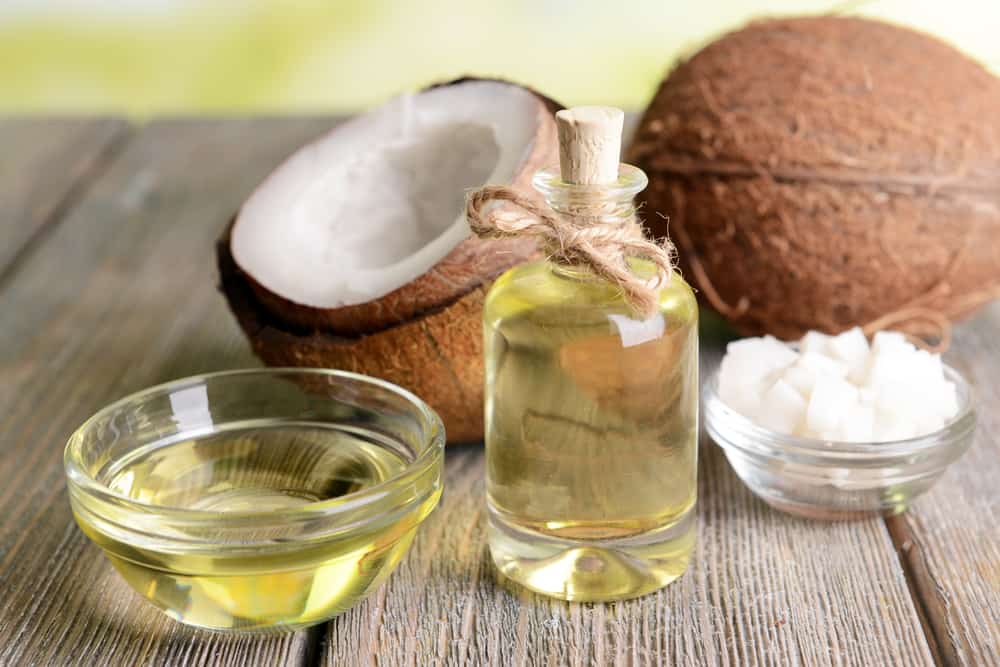Embarking on a keto journey transforms more than just your diet; it’s a lifestyle adjustment that influences your food choices, health, and well-being. The ketogenic, or keto, diet is a low-carb, high-fat, and moderate-protein regimen that has gained immense popularity for its potential to promote weight loss, enhance energy levels, and improve overall health. This article serves as your comprehensive guide to navigating the keto diet, offering insights into what to eat, what to avoid, and how to sustainably incorporate this diet into your life.
The keto diet works by shifting your body’s primary fuel source from carbohydrates to fats. This metabolic state, known as ketosis, is achieved when your body begins to burn fat for energy instead of glucose, the sugar derived from carbohydrates. Achieving ketosis can lead to significant weight loss, reduced blood sugar levels, and a decrease in insulin resistance, making it a compelling option for many.
However, the transition to a ketogenic lifestyle requires careful planning and consideration. Understanding the foods that align with keto principles is crucial to your success and enjoyment of the diet. Equally important is knowing which foods to avoid to maintain ketosis and achieve your health goals. With a focus on whole, nutrient-dense foods, the keto diet can be both satisfying and beneficial to your health.
What to Eat on a Keto Diet?
1. Fats and Oils

Fats and oils play a pivotal role in the ketogenic diet, serving as the primary source of energy and helping to keep you satiated. When selecting fats, it’s crucial to prioritize quality and healthfulness. Saturated fats, found in coconut oil and butter, along with monounsaturated fats, prevalent in olive oil and avocados, should be the cornerstone of your fat intake. These types of fats not only provide a steady energy source but also support heart health and hormone production.
Incorporating a variety of fats and oils into your diet can enhance flavor and nutrient intake. For cooking, high-smoke-point oils like avocado and coconut oil are ideal, while extra virgin olive oil is perfect for salad dressings and low-heat cooking. It’s also beneficial to include sources of omega-3 fatty acids, such as fatty fish or flaxseed oil, to support brain health and reduce inflammation. By consciously selecting and diversifying your fat sources, you can maximize the health benefits of your keto diet and enjoy a wide range of delicious, fat-rich foods.
